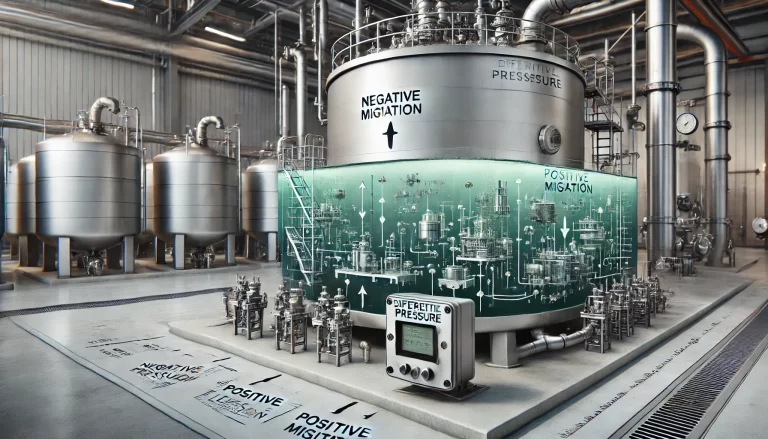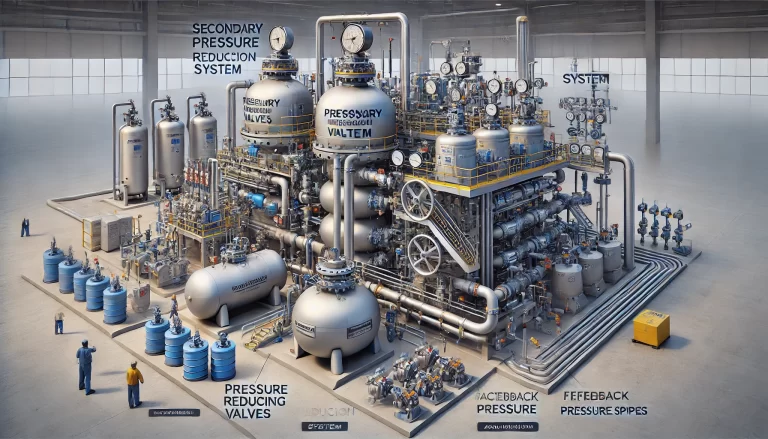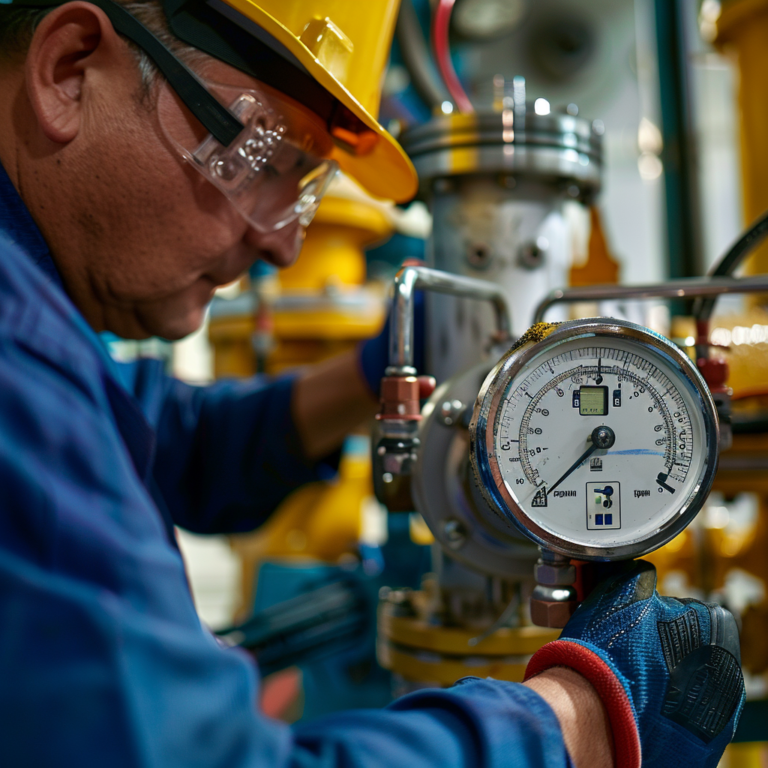Pressure transmitters play a crucial role in a wide range of industries, yet the specific requirements for these devices vary significantly depending on the application. Understanding these industry-specific needs ensures that the right pressure transmitter is selected, optimizing performance, safety, and efficiency. Below, we explore how pressure transmitters are utilized in different industries and the unique requirements each sector demands.
Pressure Transmitters in the Oil and Chemical Industry
In the oil and chemical industry, pressure transmitters are essential for process control, particularly in conjunction with throttling devices to provide precise flow measurement and control. Accurate pressure monitoring in these environments helps optimize resource utilization, reduce costs, and ensure the smooth operation of critical systems.

Key Requirements:
Explosion-Proof Design: Since many substances in this industry are highly flammable and explosive, pressure transmitters must feature explosion-proof designs to prevent potential hazards. These devices typically fall into two categories: intrinsic safety explosion-proof and isolation explosion-proof.
High Durability and Corrosion Resistance: Given the presence of aggressive chemicals, pressure transmitters must be constructed from corrosion-resistant materials, such as stainless steel or specialized coatings.
High-Temperature and High-Pressure Resistance: Many oil and chemical processes involve extreme temperatures and pressures, requiring robust sensors that maintain accuracy and reliability under harsh conditions.
Pressure Transmitters in the Food and Pharmaceutical Industry
In the food and pharmaceutical industries, hygiene and safety are paramount. Pressure transmitters in these sectors must adhere to stringent sanitary regulations to prevent contamination and ensure product quality.
Key Requirements:
Hygienic Design: Sanitary pressure transmitters feature a flat diaphragm design that prevents residue buildup, making them easy to clean and sterilize.
Corrosion-Resistant Materials: Since these industries involve exposure to acidic, alkaline, and cleaning agents, pressure transmitters must be made of materials like 316L stainless steel, which offers superior corrosion resistance.
Compliance with Industry Standards: These transmitters must meet stringent food and pharmaceutical regulations such as FDA, EHEDG, and 3-A standards.
Non-Toxic and Non-Contaminating Components: Any material in contact with the product must be free from harmful substances and should not leach into the product.

Pressure Transmitters in the Power and Gas Industry
In the power generation and gas industries, precision and long-term stability are critical. Even minor measurement errors can lead to significant efficiency losses or safety hazards.
Key Requirements:
High Accuracy and Stability: Pressure transmitters in this sector must provide highly accurate readings, typically within 0.1% of full-scale (FS) precision, to ensure optimal system performance and energy efficiency.
Resistance to Environmental Factors: These transmitters must withstand extreme temperatures, humidity, and vibrations commonly found in power plants and gas distribution networks.
Electromagnetic Interference (EMI) Protection: Since power plants and gas facilities operate in environments with strong electromagnetic fields, pressure transmitters must be equipped with EMI shielding to prevent signal interference.
Shock and Impact Resistance: Given the dynamic nature of these industries, pressure transmitters must be robust enough to endure mechanical shocks and pressure fluctuations without losing calibration.

Conclusion
Each industry has unique demands for pressure transmitters, dictated by its operational environment and safety requirements. The oil and chemical industry prioritizes explosion-proof features and corrosion resistance, while the food and pharmaceutical sectors focus on hygiene and compliance with health regulations. In contrast, the power and gas industries demand high precision, stability, and resistance to environmental factors. Selecting the right pressure transmitter tailored to industry-specific needs ensures enhanced safety, efficiency, and long-term reliability.
By understanding these industry-specific requirements, businesses can make informed decisions in selecting the most suitable pressure transmitters, ultimately improving process control, safety, and operational efficiency.
